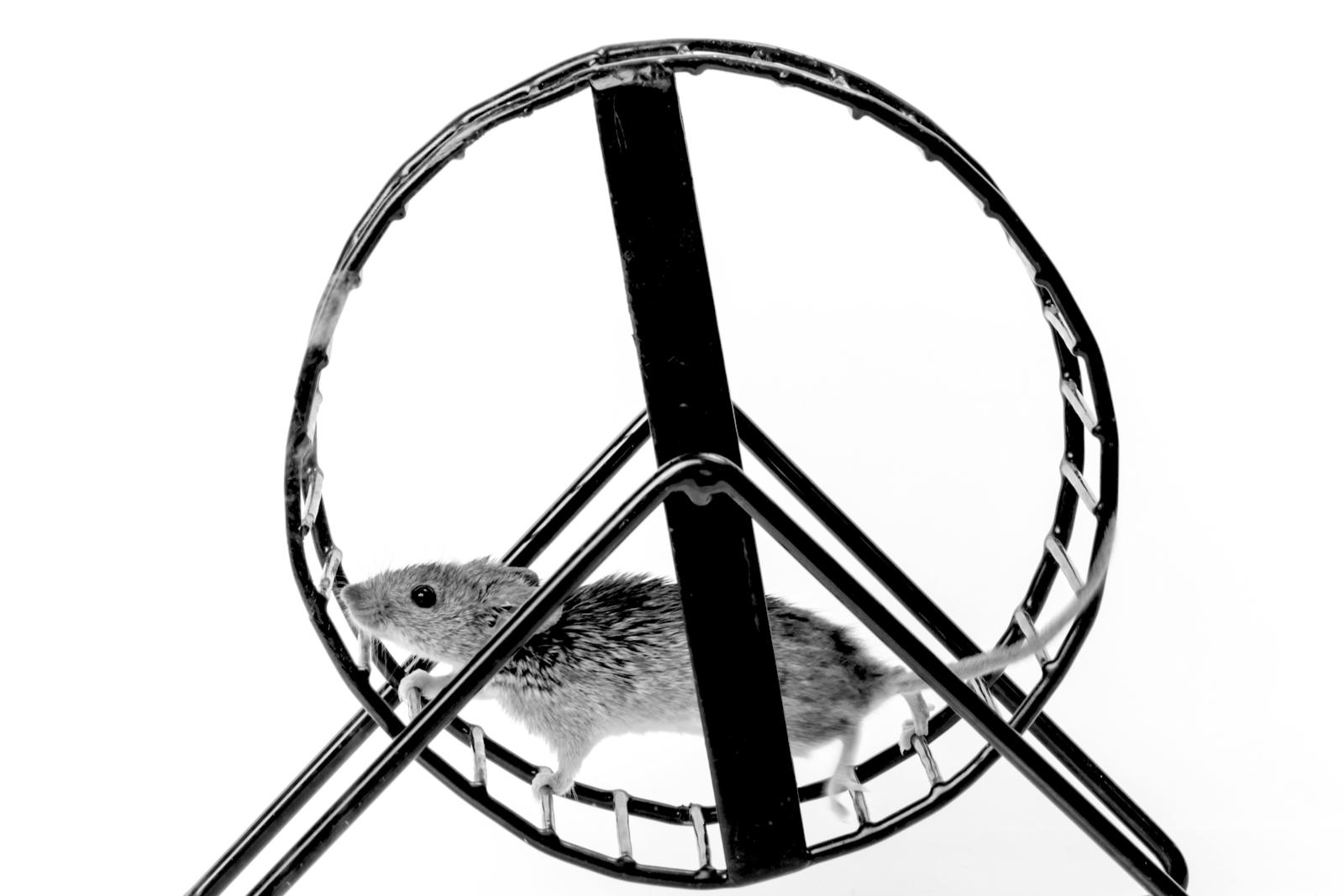The millennial movement to retire early is on FIRE

Some millennials are looking to retire in their 30s: Past years have seen millenials move away from a careerist path, and with that notions of employment and retirement. Whether or not this is covid-induced, many millennials are reporting burnout and stress as a leading cause for why they are choosing to quit their day jobs and retire decades early, according to a BBC report (watch, runtime: 08:04).
Financial Independence, Retire Early (F.I.R.E) is based on the concept that you can retire not based on your age, but rather based on how much money you save. If by the first 10-15 years of your career you manage to earmark most of your salary to your savings plan, you should be able to retire early. “I don’t want to be the guy that works until I’m 65 years old because I have to, and then I’m six feet under two years later. And I think a lot of people relate to that now more than ever, since they’ve seen how precarious life can be,” says a 41 year old school principal who recently started Wealth Building Educator, a YouTube channel about financial independence.
The math behind the movement: You need to be able to put away up to 25 times more than your annual expenditures to be able to retire early. That means that if you can live on EGP 60k a year (5k a month), then you need some EGP 1.5 mn in your bank account. How do you save EGP 1.5 mn? Well, you need to save at least EGP 8.3k per month over 15 years. Sounds impossible? People say that you don’t have to hit your F.I.R.E number by your 30s. Even if you’ve hit it by your 50s, you’d still be stockpiling some years to enjoy a few decades without having to work.
The New York Times argues that the movement works well for the “1 percenters”: The movement has been criticized as catering to an already wealthy segment of society that can afford to save that much from their six-figure paychecks. “A lot of FIRE blogs, while well intentioned, can be very tone deaf,” Kiersten Saunders, a 34-year-old marketing director, says.
In their defense, members of the movement refute the notion that most of them are wealthy, claiming that the movement actually makes you less of a consumerist. It allows you to reconsider your relationship with money, helping you become more self-conscious when it comes to how you spend both money and time.
Not a frugal life — just a slightly less materialistic one: Small decisions make a huge difference in terms of the money that you spend. Followers of the movement suggest that you can move to places with a lower cost of living instead of staying in big cities, and can turn down or minimize dining out or buying new clothes. Likewise, instead of booking a stay at a fancy hotel, you can go camping and enjoy life’s pleasures more modestly.
Liberation rather than deprivation: How does it feel to be 39 years old and 5 years into retirement? “Thrilling,” one member tells CNBC, arguing that the biggest misconception about the movement is retiring early and sitting back doing nothing. He says that FIRE has allowed him to do what he really enjoys the most, even if it were another less paid job that he actually enjoys.
Bulletproof against the pandemic: When everything shut down during the pandemic and many people lost their jobs, a few bucks in one’s bank account would’ve helped. Even for those who didn’t lose their job, most would have preferred to stay at home for safety reasons. F.I.R.E members have witnessed and overcome three recessions, which they claim the movement has protected them against.
You think that money can’t buy time? Think again. From fathers who are able to spend more time with their children saying it feels like being on paid leave, to caregivers being able to spend more time with their loved ones, the movement is giving people more than financial security and early retirement; it is giving them more time to spend on what matters most to them.